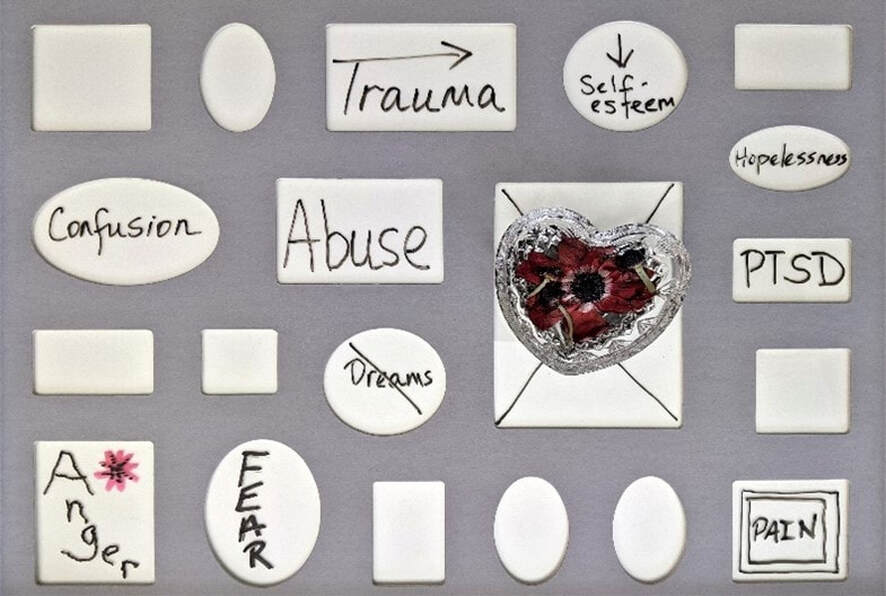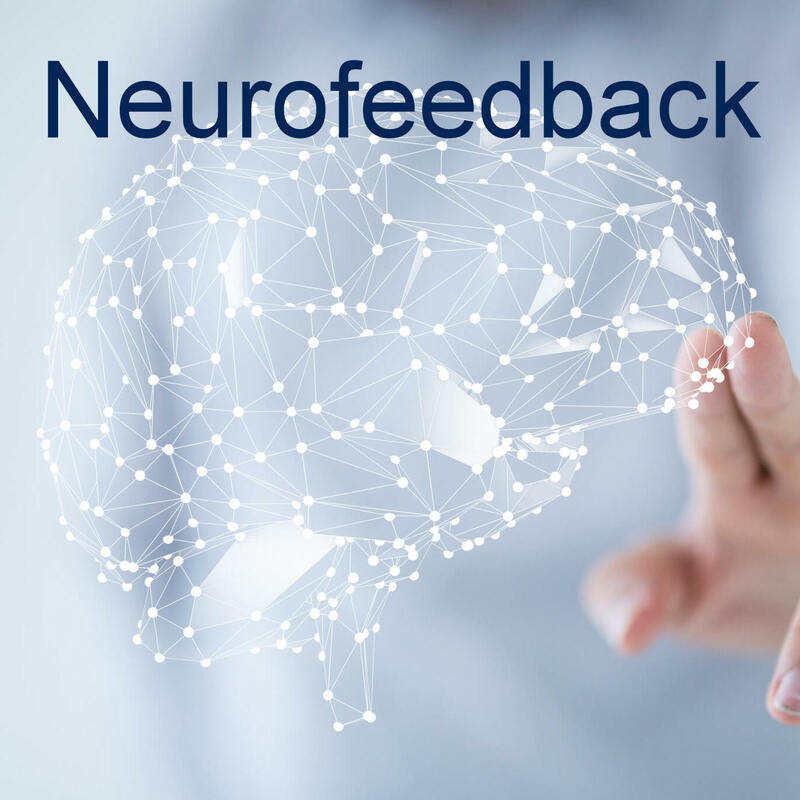|
by Andrea Panebianco, MS Every person has a distinct set of interests that makes them unique, including children, which is a wonderful thing to recognize as mentor, parent, or teacher. What makes this concept so compelling is that children’s interests can be used to help them learn in a variety of ways; a concept which informs an interest-based learning approach. Using interests can help instill growth and can facilitate the introduction of new concepts (Touhill, N.D.). Similarly, children’s interests can be a useful tool to boost social-emotional skills and communication.
0 Comments
By Andrea Panebianco, MS What is trauma? Trauma is a lasting emotional response that individuals experience once having lived through a distressing or painful event. While many people endure traumatic events, it is important to remember that the experience of trauma can significantly impact one’s ability to function in their everyday lives. This notion is particularly true for adults and children who have experienced prolonged trauma, including trauma related to pervasive racism, poverty, and other adversities.
So, with this, what is executive functioning? Executive functioning includes a multitude of mental processes that enable us to communicate, attend, focus, and multitask; it helps us remember and apply information, plan and achieve goals, and make healthy decisions for ourselves and others. Importantly, these types of skills are related to the physical development of our brains. Executive functioning, therefore, is a crucial element for maintaining academic, cognitive, social, and behavioral success throughout our lifetime. How, then, does trauma impact someone’s executive functioning skills? by Andrea Panebianco, MS In the late 1900’s Urie Bronfenbrenner recognized how impactful our environment is on our mental and emotional functioning. This assertion, however, did not only include our immediate surroundings. Instead, Bronfenbrenner’s Ecological Systems Theory includes five interconnected levels of environmental surroundings which impact us as individuals (The Psychology Notes Headquarters, 2019). These levels include the:
by Andrea Panebianco, M.S. Motivational Interviewing is an evidence-based, therapeutic treatment used to help individuals feel more comfortable when they are both striving for, and committing to, change. I personally find Motivational Interviewing to be not only a useful therapeutic technique, but also one which works effectively to create a strong therapeutic bond. The reason I feel this way is because Motivational Interviewing is meant to encourage clients through empathy and understanding, two therapeutic necessities which create a comfortable, safe environment for those engaging with the practice.
|
Archives
October 2023
Categories
All
|





















